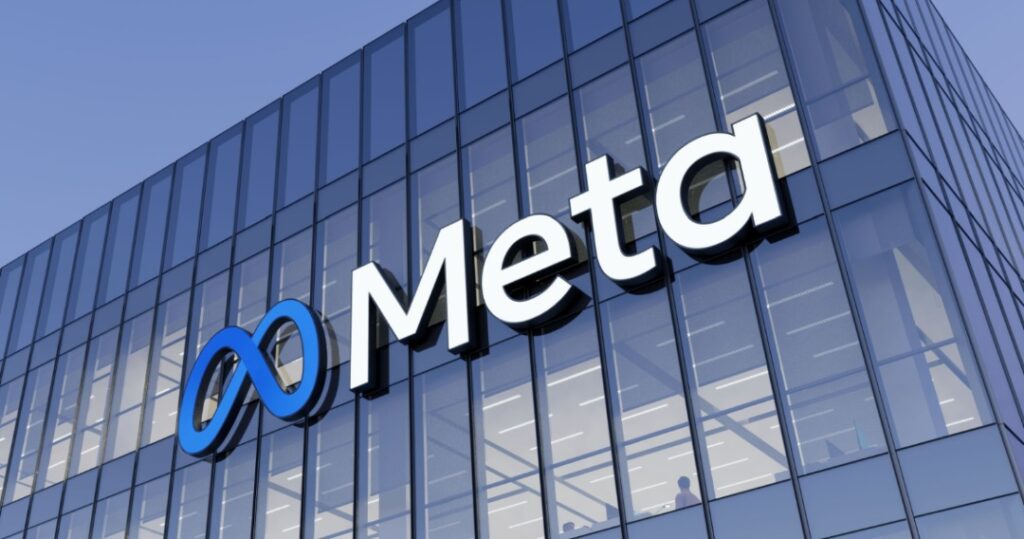
Announced in its Q1 2024 Adversarial Threat Report, Meta Platforms Inc., the parent company of Facebook, Instagram, and WhatsApp, has taken down 63,000 accounts associated with the infamous “Yahoo Boys” scam group. The accounts, eradicated over recent weeks, were involved in financial sextortion schemes and distributing blackmail scripts. A smaller network of 2,500 accounts, tied to about 20 individuals, focused mainly on adult men in the United States using fabricated identities.
Through a mix of advanced technical signals and thorough investigations, Meta uncovered and disabled these accounts, bolstering its automated detection mechanisms.
The social media giant highlighted, “Financial sextortion is a transnational crime, increasingly influenced by the rise of Yahoo Boys, a loosely connected group of cybercriminals largely based in Nigeria specializing in various scams.” Meta stated that around 63,000 Nigerian accounts were eliminated for targeting individuals with financial sextortion ploys, including a network of approximately 2,500 accounts.
Additionally, Meta eliminated a series of Facebook accounts, Pages, and groups managed by Yahoo Boys, banned under the Dangerous Organizations and Individuals policy, which aimed to coordinate, recruit, and train new scammers, as elucidated by the company.
During the inquiry, Meta uncovered that most scammers’ efforts were fruitless, although some had targeted minors, prompting reporting to the National Center for Missing and Exploited Children. Moreover, Meta shared information through the Tech Coalition’s Lantern program to aid in curtailing these scams on various platforms.
Furthermore, the parent company of Facebook revealed the removal of approximately 7,200 assets in Nigeria, including 1,300 Facebook accounts, 200 pages, and 5,700 groups providing resources for scams. These assets were found disseminating scripts and guidelines for scams and sharing links for assembling fake account photo collections.
Since the disruption, Meta’s systems have been actively thwarting attempts by these groups to resurface while continuously enhancing their detection capabilities. Meta emphasized its close collaboration with law enforcement, backing investigations and prosecutions by responding to legal requests and flagging authorities about imminent threats.
The social media giant stressed that its initiatives go beyond account removal, extending to funding and supporting NCMEC and the International Justice Mission in executing Project Boost. This program educates law enforcement agencies worldwide on handling and responding to NCMEC reports, with training sessions conducted in Nigeria and Cote d’Ivoire, including a recent session.
To ensure user protection, particularly teenagers, Meta disclosed the implementation of stricter messaging settings for users under 16 (or under 18 in specific regions) and displaying safety alerts to promote cautious online behavior.
Recently, Nigeria’s Federal Competition and Consumer Protection Commission fined Meta $220 million for multiple violations of data protection regulations linked to WhatsApp. The investigation, commencing in May 2021, revealed Meta’s privacy policies infringing on users’ rights through unauthorized data sharing and discriminatory practices. Meta intends to challenge the ruling, citing disagreements with the findings and imposed penalties, while the FCCPC aims to ensure equitable treatment of Nigerian users and adherence to local statutes.
